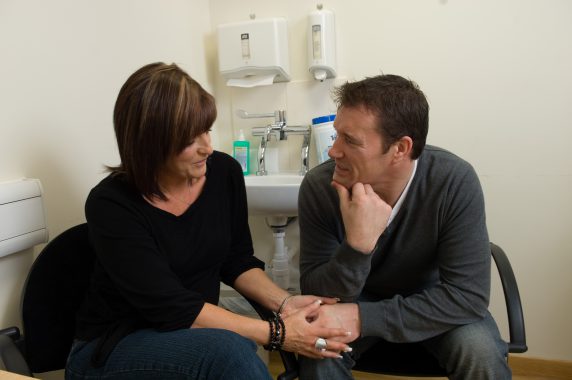Wide variation in GPs’ approach to emotional distress and depression, finds study

There is a great deal of variation in how GPs differentiate between emotional distress and depression, a small study has found.
The study, published in BMJ Open, noted the approaches used sometimes went against guidelines – but that the findings were reflective of a wider debate about whether current diagnostic criteria is too simplistic.
In a series of in-depth interviews with 21 GPs in the south of England, researchers found a wide range of opinions on diagnosing depression in patients presenting with distress – and deciding at what point a ‘disorder’ may be considered.
The GPs interviewed also had varying views on whether it is possible to make a distinction between emotional distress, for example in response to bereavement or stressful life circumstances, and a depressive disorder – or even whether making a distinction is useful.
Some viewed it as a process, with emotional distress having the potential to move on to depression, while others felt there was a clear difference between the two, the researchers from the University of Southampton reported.
While there was some consensus around ‘biological symptoms’, such as loss of appetite, poor sleep and fatigue, there was variation in whether GPs thought depression had to be independent of other life events and whether the ability to ‘function’ was symptomatic of a disorder.
But the majority of those interviewed believed patient circumstances were key when considering symptoms, which the researchers said differs from the approach promoted in guidelines of using only a validated measure of symptoms, duration and functioning.
The researchers said the findings highlight the complexity of dealing with depression in primary care – and that they echo a wider debate about how to diagnose depression and if current criteria is not sophisticated enough.
Study leader Dr Adam Geraghty, senior research fellow at the University of Southampton, said GPs have a really complex job in trying to make the best decisions for these patients, especially for those where a diagnosis is not clear cut.
He said: ‘There is variance in how they do that, and there are good reasons for that variance.
‘We now need to better understand what approach is most helpful for patients.’
Dr Faraz Mughal, RCGP clinical fellow for mental health, said: ‘GPs are seeing rising numbers of patients who are affected by distress and depression and we want to support them in the best way possible.
‘We echo the authors’ call for more research to further define this in general practice.’
Pulse October survey
Take our July 2025 survey to potentially win £1.000 worth of tokens

Visit Pulse Reference for details on 140 symptoms, including easily searchable symptoms and categories, offering you a free platform to check symptoms and receive potential diagnoses during consultations.










